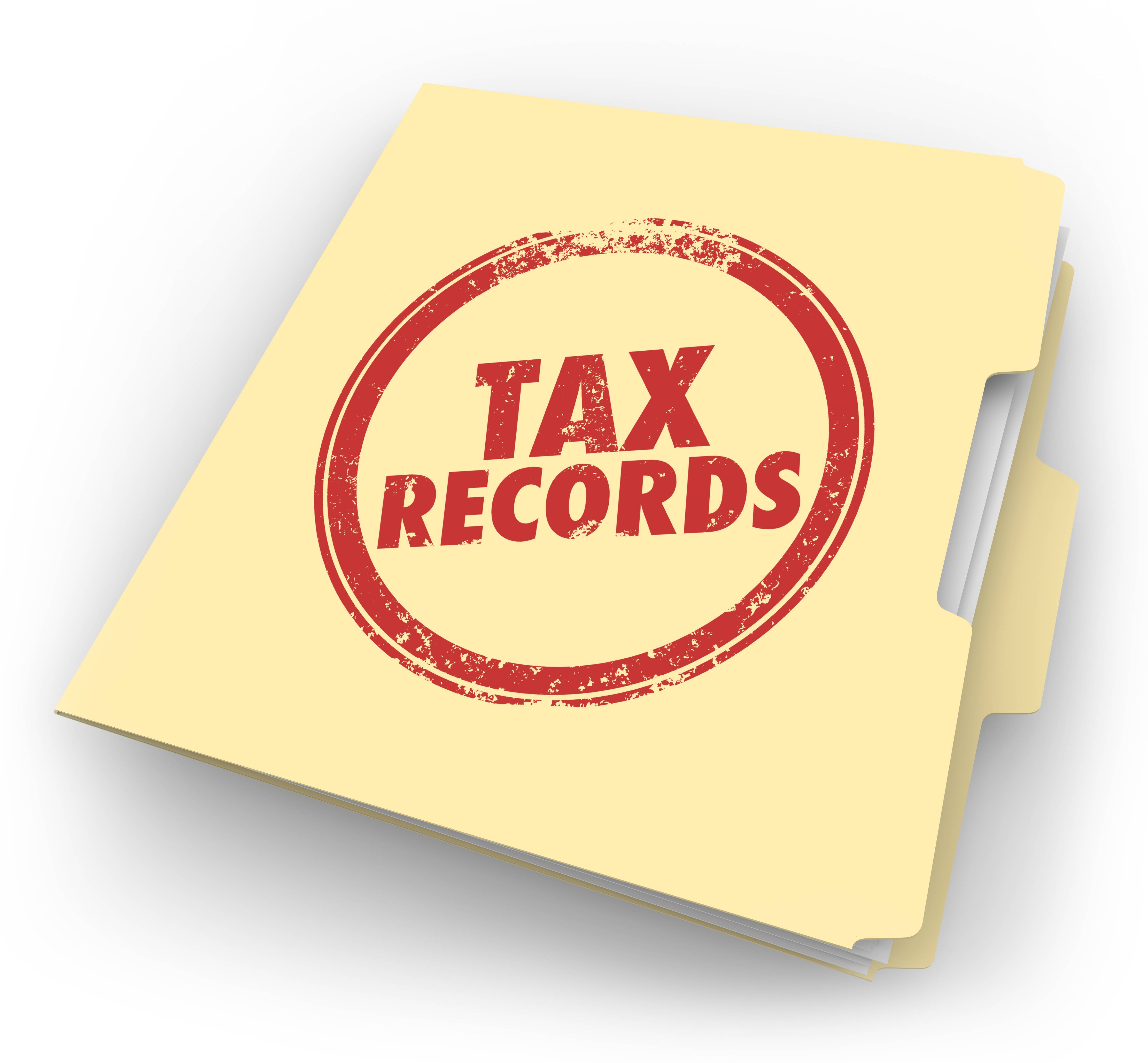 There’s a saying that in life, there are only 2 permanent things- death and taxes. But truth be told, filing your yearly tax doesn’t have to be a life or death situation. You can cut back on considerable time and headaches just by having the right kind of materials within easy reach.
There’s a saying that in life, there are only 2 permanent things- death and taxes. But truth be told, filing your yearly tax doesn’t have to be a life or death situation. You can cut back on considerable time and headaches just by having the right kind of materials within easy reach.
The best time to start organizing your tax records is by the end of the year. Here’s a helpful checklist of what you’ll need in order to file your taxes quickly and without fuss.
1. Personal Information. You’ll need to specifically state who is filing and who is covered in the tax return. So here, you’ll need personal information such as the dates of birth and the Social Security numbers of you, your spouse and your dependents.
2. Income Information. You’ll also need information regarding your income adjustments and your income numbers. Income adjustments play a large role in lessening the amount you get taxed. It can mean getting a larger tax refund or paying a lower tax amount.
Here are some examples of income information and adjustments:
– Forms W-2 (income from jobs)
– Investment income
– Rental property expense/income
– Social Security benefits
– IRA contributions
– MSA, or Medical Savings Account contributions
– Student loan interest
3. Itemized Tax Credits and Deductions. The government provides a lot of tax credits and deductions to help lessen the burden of paying taxes for individuals. Prepare these documents and you’ll be sure to have some dollars left over for other things.
Examples of tax credits and deductions:
– Charitable donations
– Adoption costs
– Child Care costs
4. Taxes Paid. Don’t throw out the receipts that show you’ve already paid.
Examples:
– Personal property taxes
– Real estate taxes
– Local and state income taxes
Business Tax Records
For those who own an incorporated business. You will need to provide the following information to your accountant:
1.Basic Company Information
– One copy of Certificate of Incorporation
– The Federal ID Number, or also known as the Employer Identification Number
– A list of corporation director names, address and contact numbers
2. Bookkeeping Files
– All expenses should have the necessary receipts
Sole Proprietors will need to provide the following information to their accountants:
– Your business name, Social Security Number and address
– Financial statements and bookkeeping records
– Receipts and documentation for expenses
– Vehicle deductions (miles ran for business purposes)
– Home office deductions
Get a jump on filing your taxes…organize your tax records before the end of the year!
